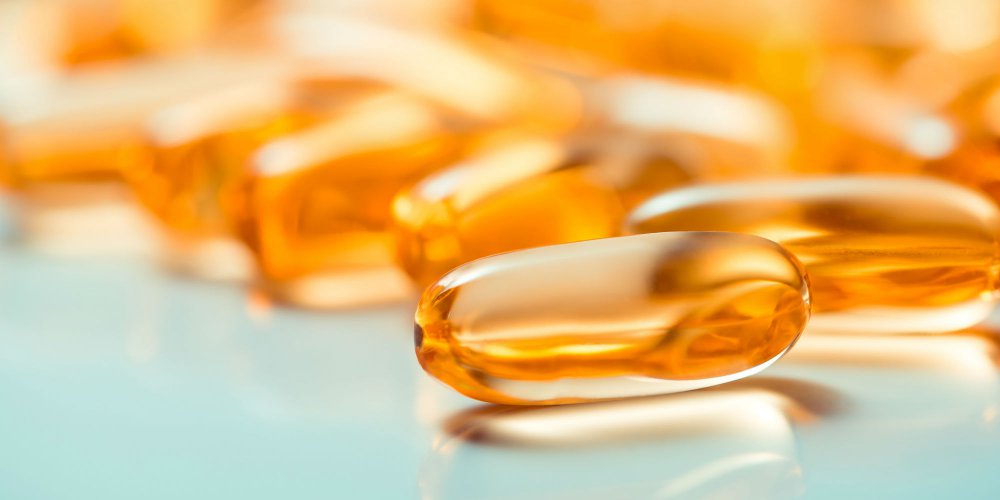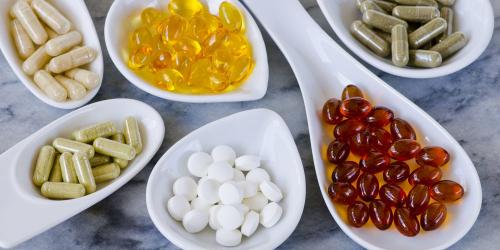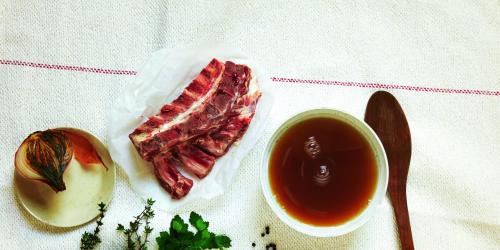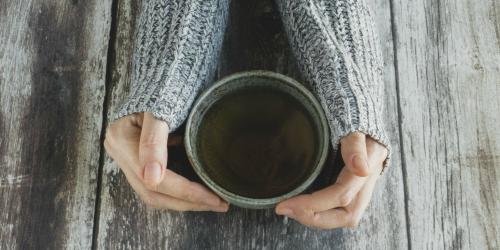- Vitamin C, a pillar of immunity
A bulwark against viruses and pathogenic bacteria, it is valuable during an epidemic because it gives the body a boost.
It avoids repeated colds . But it does not accelerate healing once the infection is installed. If the recommended intake is 80 mg / day for an adult, needs are increased in winter.
The ideal is to draw it from the diet: parsley (200 mg / 100 g), sorrel (120 mg), sweet pepper (120 mg), kiwi (100 mg), watercress (80 mg), Brussels sprout (75 mg), lemon (65 mg), orange (60 mg) or green cabbage (50 mg). Caution: fragile, vitamin C is denature quickly to air and heat. Spinach for example lose 30% in one day on the stalls.
To boost your tone , acerola juice (1500 mg / 100 g) or rose hip (1250 mg) are also good allies. Just like synthetic vitamin C (in pharmacy), cheaper and just as effective.
- Vitamin D, vital to vitality
Guarantor of the vigor of the immune system , it is essential.
Our body certainly produces it in the deep layers of the skin under the action of the UV of the sun, but in insufficient quantity during the cold season, because of less sunshine.
"Urban people are particularly deficient because they live confined, especially in large cities where pollution screens UV.So the importance of also getting vitamin D orally," says Dr. Brigitte Houssin, author of " Sun, lies and propaganda" (Edited by Thierry Souccar).
It is found in a few foods: herring and salmon (9 mg / 100 g), egg yolk (8.5 mg) or sardines (8 mg).
If in doubt, have your reserves checked. A simple blood test is enough. If a deficiency is detected, your doctor will prescribe vitamin D ampoules.
- Iron, king of anti-fatigue
The main constituent of hemoglobin in the blood, iron is the guarantee of good oxygenation. It is also a powerful tonic that boosts immunity and fights fatigue , which increases resistance to infections.
Women with heavy periods often have iron deficiency, as do vegetarians .
To avoid breakdown, force on red meat, oysters, legumes (chickpeas, lentils ...) mussels and almonds.
Be careful, do not take iron tablets yourself: in excess, they are toxic to the liver, heart and pancreas.
- Magnesium, against autumnal depression
70% of us miss it while this mineral plays a key role in the fixation of vitamin C and the conversion of food into energy.
The recommended intake is 350 mg / day, but our diet - too rich in industrial products - provides us with half less. Hence a low resistance to cold, stress and microbes.
So bet on foods rich in magnesium: seaweed , cocoa, chives, cashews, periwinkles and beans. Or opt for marine magnesium supplements. Favor those coupled with vitamin B6: magnesium will penetrate better into your cells.
- Zinc, alloyed with white blood cells
"Its importance is vital because it is part of a hundred enzymes that regulate the functioning of the body," says Jean-Luc Darrigol, author of " Vitamins, minerals and trace elements" (Grancher edition).
Immunostimulant, zinc also promotes the activity of anti-infectious white blood cells (T cells) and improves recovery in case of generalized weakness.
Oysters are a great source (20 mg / 100 g), as well as veal liver (9 mg), white beans (5.5 mg) and wholemeal bread (5 mg).
Caution with zinc dietary supplements: Overdose may increase the risk of cancer (especially prostate cancer in men). Never swallow more than 15 mg of zinc / day for up to 3 weeks.




